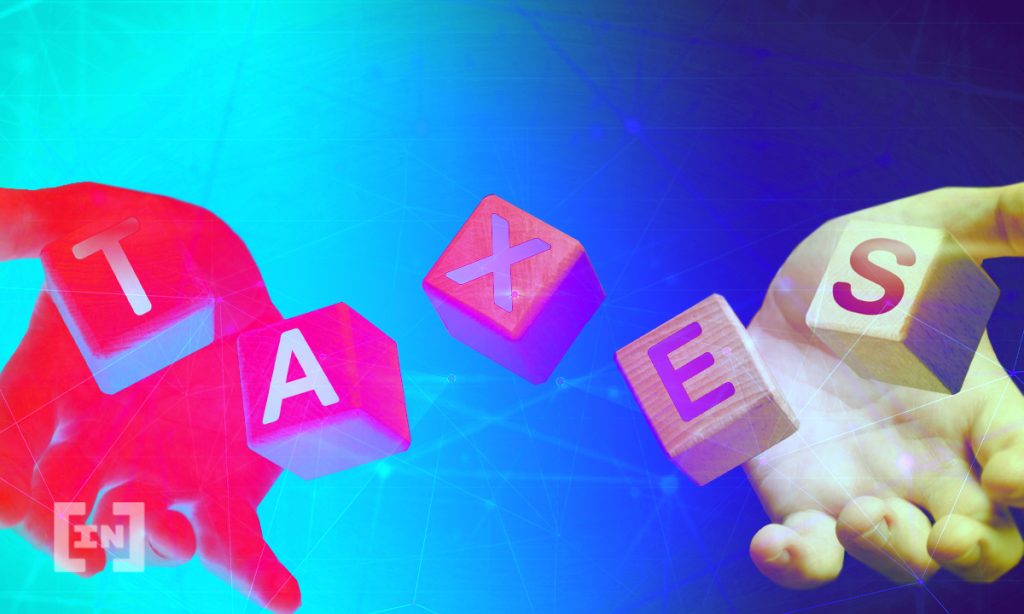New U.S. Tax Infrastructure Bill Could Cause Headaches for Taxpayers

President Joe Biden’s Tax Infrastructure Bill, designed to bring in $28B over a decade, omits intricacies associated with cryptocurrency taxation.
President Joe Biden’s tax infrastructure bill poses some interesting challenges to the crypto holder regarding the 1099-B form that centralized exchanges have to submit on behalf of their clients in their roles as “brokerages,” starting Jan. 1, 2024. Traditionally, brokerages are legally obligated to submit the form to ensure that capital gains on stocks and securities are reported to the IRS. If one buys a stock for $400 and sells it on Robinhood for $500 in 2021, Robinhood has to fill out Form 1099-B, indicating that $100 is subject to taxation. Copy A of this form goes to the IRS, Copy B goes to the individual, and Copy 1 goes to the state.
What If A DEX Is Used?
Decentralized exchanges collect no Know-Your-Customer information, which will lead to incomplete Copy A and Copy 1 of 1099-Bs.
If one buys 1 ETH from a Decentralized Exchange (DEX) at $500 and sells it on a centralized exchange for $1000, one’s capital gains amount to $500. The centralized would only report $1000 on their 1099-B form, since they have no way of knowing how much the ETH was purchased for on the DEX. Hence, one would be taxed on $1000 instead of $1000 – $500. If one has a LedgerX cold hardware wallet holding bitcoin purchased a while ago for $10000, and one sells it to Binance for $20000, $10000 would be owed in taxes. Binance could only file a 1099-B for the $20000.
Multiple consequences could arise from these discrepancies. If a customer receives an incomplete 1099-B from the exchange when filing their returns, they will pay too much tax. If taxpayers use third-party software tools to capture transaction information, including those performed on DEXes and private wallets, this would differ from the IRS and state’s copy of the 1099-B form.
The new bill will advantage those who do all their crypto buys and sells via a single centralized exchange.
U.S. crypto investors, keep in mind two important things: keep track of the cost basis (original price) of crypto purchased or held, and use a crypto-savvy tax practitioner when filing returns to the IRS.
Some Issues To Consider Surrounding The Bill
Could the new tax bill discourage crypto investing, rendering the revenues generated from them very low? Would the IRS use analytics tools to tie wallet addresses to individuals if they have cold wallets?
Before the new bill, the IRS treated crypto as property and all related transactions as property transactions. Another part of the bill states that businesses that receive $10000 or more in crypto must report the buyer to the government. According to the Joint Committee on Taxation, the bill is designed to bring in approximately $28B in a decade.
What do you think about this subject? Write to us and tell us!
Disclaimer
All the information contained on our website is published in good faith and for general information purposes only. Any action the reader takes upon the information found on our website is strictly at their own risk.












